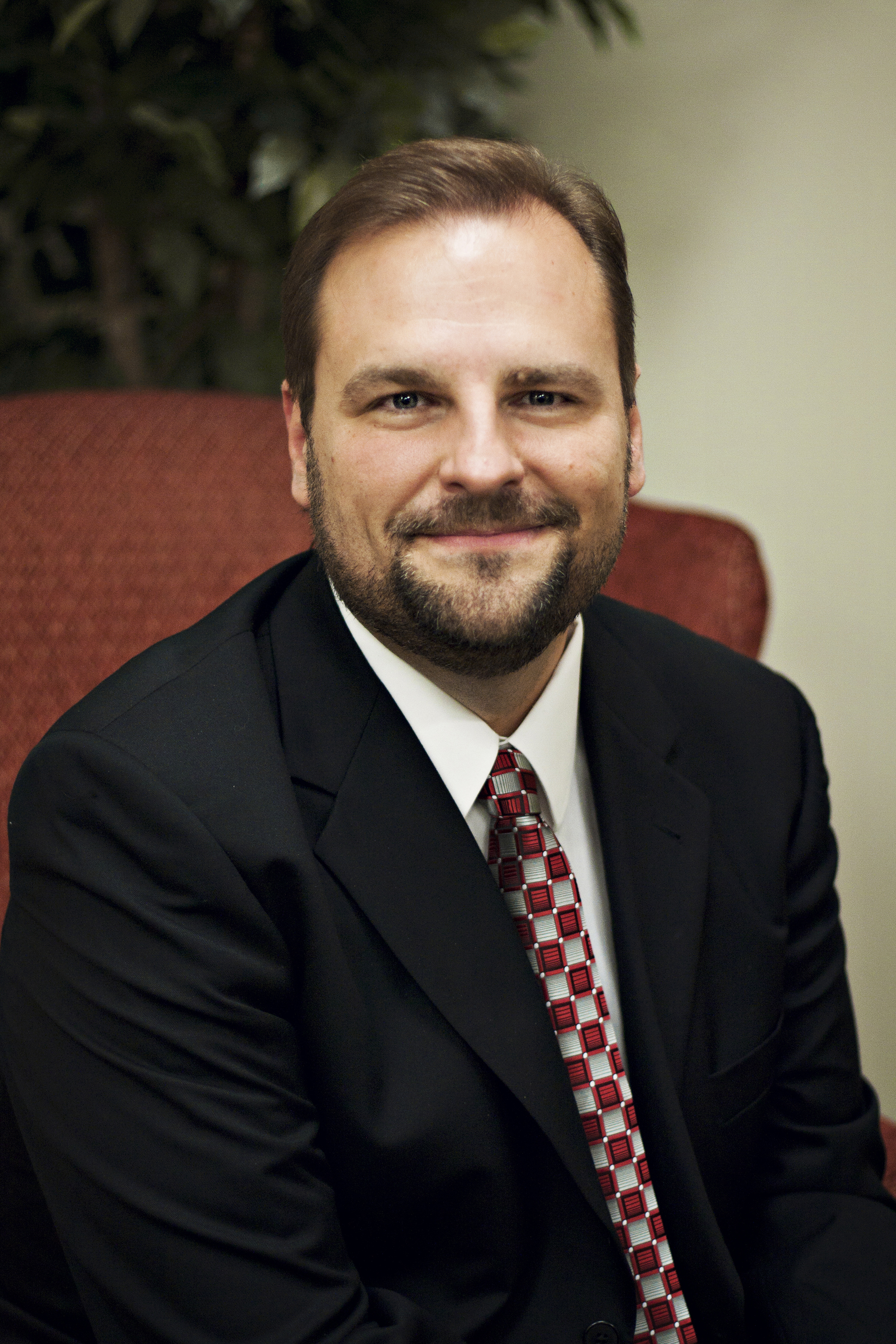

A Welsh missionary once managed to take the message of Jesus into a particularly hostile corner of Northeastern India. Just south of the Himalayas, the state of Assam was known at the time for its barbarism and an incredibly rigid caste system. When a family in a certain village first accepted the Gospel, the chief there decided to make an example of them.
The family of four was brought out and commanded to renounce their newfound faith. Speaking for the family, the father is reported to have said, “We have decided to follow Jesus. There is no turning back.” Upon this refusal, the two children were killed with arrows in front of their parents. The father’s tearful response to this was something like, “The world is behind me, but the cross is still before me.” As he witnessed his wife’s execution, the man uttered his own final words: “Though none is here to go with me, still I will follow Jesus.”
When the missionary returned to the village, he found his only converts gone. But he was amazed to find that others had taken their place. The missionary passed along their accounts to the barefoot apostle, Sandhu Singh, who turned the man’s dying words into a song. The simple chorus was eventually translated by Westerners to become a standard of Christian worship and invitation.
Even before learning the backstory, I have often been inspired by the singing of “I Have Decided to Follow Jesus.” It communicates a level of allegiance absolute in its resolve. We sang it at the United Methodist camp where I accepted Christ and the call to Christian ministry. I have also had the privilege of singing it or hearing it sung in Central America, Europe and Africa. The words of an anonymous martyr have reverberated around the globe.
In the early centuries of Christianity, believers commonly prayed for the strength (and even the privilege) to be martyrs for Jesus. For centuries longer, Christians read and studied the lives of the martyrs as a part of their spiritual formation. Martyrologies have been published and widely used since the very early centuries of the faith. The most ancient churches have long-established calendars of commemoration that mark the days when the saints each made their ultimate sacrifice. John Wesley made the Protestant equivalent, Foxe’s Book of Martyrs, required reading for the Methodists.
More recently, the concept of martyrdom has itself becoming a victim of our times. The word is rarely used in a positive sense. More often than not, those seeking to be martyrs are portrayed in the media as the blood-thirsty fringe committing suicidal acts of violence in the name of their faith. Nothing could be further from the historic Christian understanding. Christian martyrs do not seek the death of themselves — and certainly not the destruction of others. As Thomas Oden has clarified, they desire “only to witness to the faith even at great cost.”
And Jesus demanded no less. In his most famous calls to discipleship, Jesus included a reference to violent death: “Whoever wants to be my disciple must deny themselves and take up their cross and follow me” (Matthew 16:24). Following Jesus and making sacrifices, even the ultimate sacrifice, go hand in hand.
Sacrifice, at its most basic level, is simply giving up something important for something more important. By definition, a martyr demonstrates what is more important than earthly life itself. The martyrs witness to Easter by showcasing the One who is bigger than death.
Following Jesus means accepting his Lordship. The lives and deaths of the martyrs show us the extent of that Lordship. This serves to tap the face of our dizzied moral compasses so we can once again recover True North. With the Lordship question settled in our hearts we are truly free to follow Jesus. This means loving recklessly, believing fearlessly and serving selflessly. We are unshackled to walk uncowed through the playground of public opinion. We are emancipated from own pleasures, liberated from the clutches of self-interest, and released from the prison of our own preferences. Simply put, we are set free to love the way Jesus did.
The clarity of Lordship (as demonstrated by the martyrs) not only has a sorting effect on our values but it also makes carpe diem possible. The thing you are willing to die for is more than enough to get you out of bed in the morning. It serves as a guardrail against our tendency to fritter away our days on lesser things. And this focus is essential. Jesus said that no one who looks back after putting their hand to the plow is fit for the Kingdom of God (Luke 9:62).
A prayer in our funeral liturgy turns out to be oddly applicable for morning prayer: “Help us to live as those who are prepared to die.” Strengthened by God’s grace, there is no turning back.
Chris Ritter is directing pastor of a multisite ministry in Illinois that includes Cambridge Geneseo First United Methodist churches. He is the author of "Seven Things John Wesley Expected Us to Do for Kids" (Abingdon Press, 2016).
Return to the Many Voices, One Faith home page
Like what you're reading? Support the ministry of UM News! Your support ensures the latest denominational news, dynamic stories and informative articles will continue to connect our global community. Make a tax-deductible donation at ResourceUMC.org/GiveUMCom.



